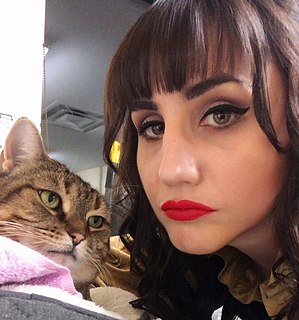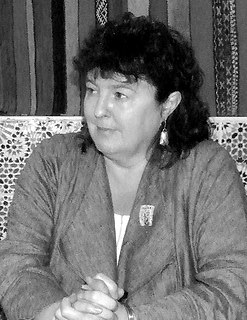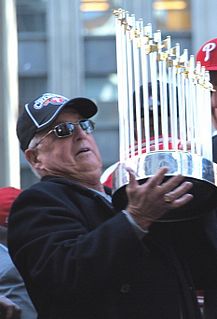A Quote by John McWhorter
Texting is fingered speech. Now we can write the way we talk.
Related Quotes
Let’s talk, you and I. Let’s talk about fear. The house is empty as I write this; a cold February rain is falling outside. It’s night. Sometimes when the wind blows the way it’s blowing now, we lose the power. But for now it’s on, and so let’s talk very honestly about fear. Let’s talk very rationally about moving to the rim of madnessand... and perhaps over the edge.
The way we learn to write is the way we learn to talk: We listen to others and start mimicking speech, and that's how we come to become speakers. Writers you admire, you admire the way they plot, you admire the way they create a character, you admire the way they put a sentence together, those are the writers you should be reading.
Texting is incredibly anxiety-laden, but I know people who will have a full-blown panic attack if you call them. I'm one of those nightmare humans where the little mailbox has an ellipsis on it because I have 1000 unread emails. So texting is the most immediate yet least anxious of all the incredibly anxious ways that we talk to each other.
What a thing it is to sit absolutely alone, in the forest, at night, cherished by this wonderful, unintelligible, perfectly innocent speech, the most comforting speech in the world, the talk that rain makes by itself all over the ridges, and the talk of the watercourses everywhere in the hollows! Nobody started it, nobody is going to stop it. It will talk as long as it wants this rain. As long as it talks I am going to listen.






































